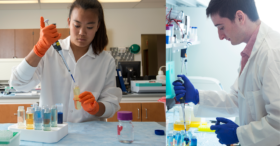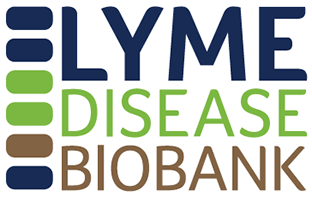FOR IMMEDIATE RELEASE
Media Contact:
Tara DiMilia, 908-947-0500, tara.dimilia@TMstrat.com
Bay Area Lyme Foundation Highlights 2019 Progress toward Diagnosing, Treating and Preventing Lyme Disease
Bay Area Lyme Foundation has now funded more than 100 research projects at 38 institutions around the country since its inception in 2012
PORTOLA VALLEY, Calif., December 13, 2019—Bay Area Lyme Foundation, a leading sponsor of Lyme disease research in the U.S., today announced an exceptional year in research, including the first published studies using samples from the Lyme Disease Biobank and advances in research of disulfiram for treating individuals suffering from chronic Lyme disease and chronic babesiosis, an approach that Bay Area Lyme Foundation was the first to support.
“2019 was met with tremendous forward momentum for Lyme disease research as some of the early research we supported began to show significant clinical impact,” said Linda Giampa, executive director, Bay Area Lyme Foundation. “The Foundation continues to demonstrate progress against tick-borne diseases, one of the most important health crises of our time.”


 The national
The national  Liz Horn, PhD, MBI,
Liz Horn, PhD, MBI, Lyme disease, particularly with chronic or late-stage symptoms, can be a horribly frustrating and debilitating illness.
Lyme disease, particularly with chronic or late-stage symptoms, can be a horribly frustrating and debilitating illness.